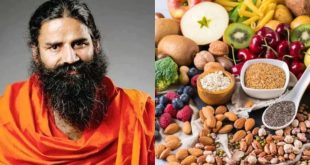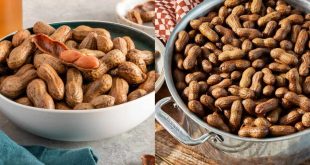[ad_1]

To avoid dehydration and maintain proper hydration, it’s important to be mindful of what you eat. Here are some things to prevent dehydration:
- Alcohol: Alcohol acts as a diuretic, meaning it increases urine production and can contribute to dehydration. Limit your alcohol consumption, especially in hot weather or when engaging in activities that cause sweating.
- Caffeinated beverages: Beverages such as coffee, tea, and caffeinated sodas may have a mild diuretic effect and may contribute to an increase in urine output. While moderate consumption of caffeinated beverages is generally fine for most people, excessive consumption can increase the risk of dehydration. It is important to balance your caffeine intake with adequate intake of water and other hydrating fluids.
- Sugary drinks: Sugary drinks like soda, fruit juices and sweetened drinks can be dehydrating if consumed in excess. These beverages can cause an imbalance of fluid and electrolyte levels in the body, which can lead to dehydration. Opt for water, herbal tea, or infused water as healthier alternatives.
- Salty foods: Foods high in sodium can contribute to fluid retention and increase the body’s need for water. Excessive consumption of salty foods can lead to dehydration if not balanced by adequate fluid intake. Be mindful of your sodium intake and choose a balanced diet with lots of fruits and vegetables.
- Diuretic medications: Some medications, such as diuretics prescribed for medical conditions such as high blood pressure or edema, can increase urine output and potentially lead to dehydration. If you are taking diuretic medications, it is important to work closely with your healthcare provider to monitor your fluid intake and ensure proper hydration.
Remember, the best way to stay hydrated is to drink plenty of water throughout the day. Drinking at least 8 cups (64 ounces) of water daily is recommended, but individual needs can vary based on factors such as activity level, climate and overall health. Additionally, eat a balanced diet rich in hydrating foods like fruits and vegetables, and listen to your body’s thirst signals to ensure proper hydration.
 Suspense Crime Sach Ka Dam
Suspense Crime Sach Ka Dam


